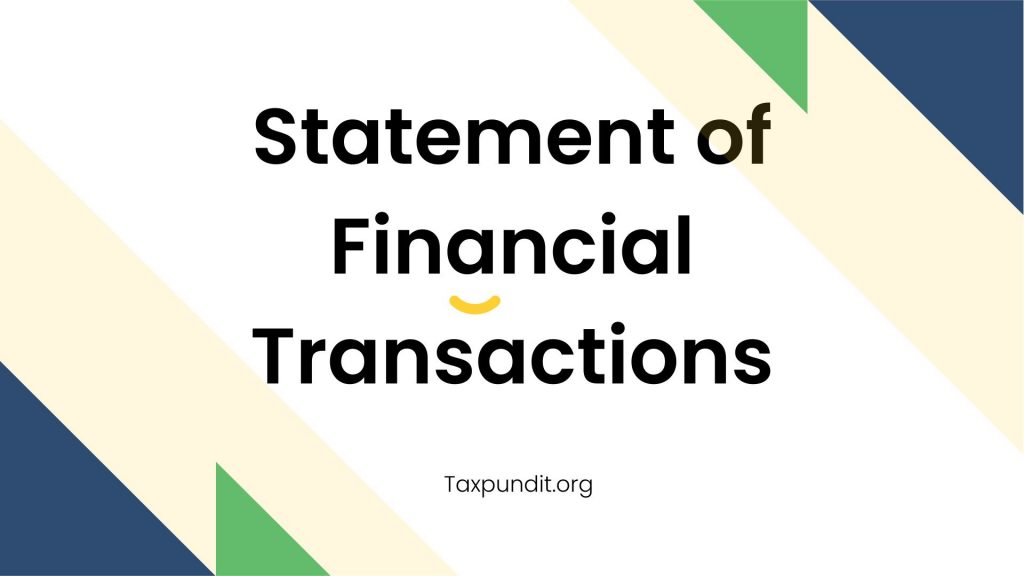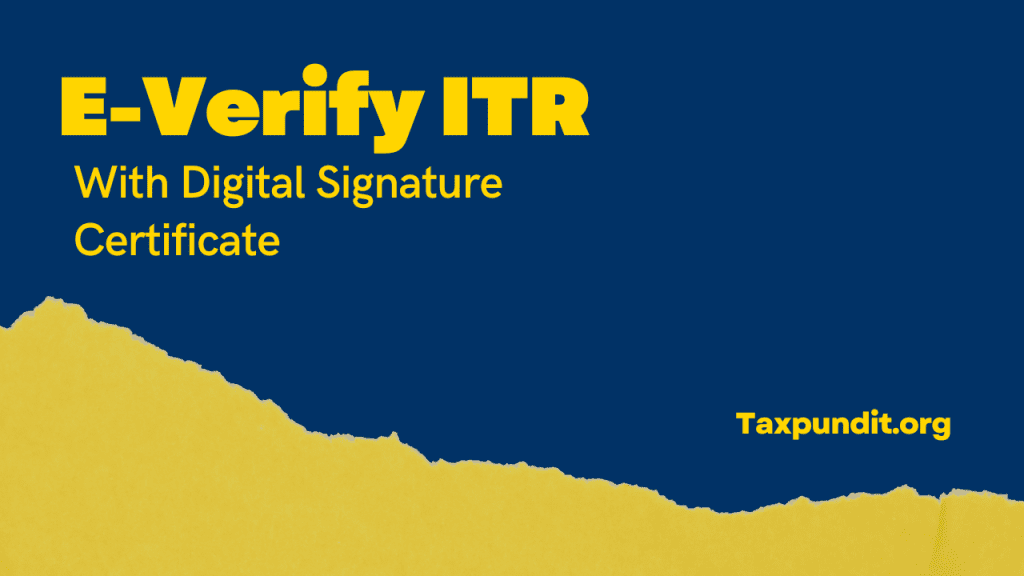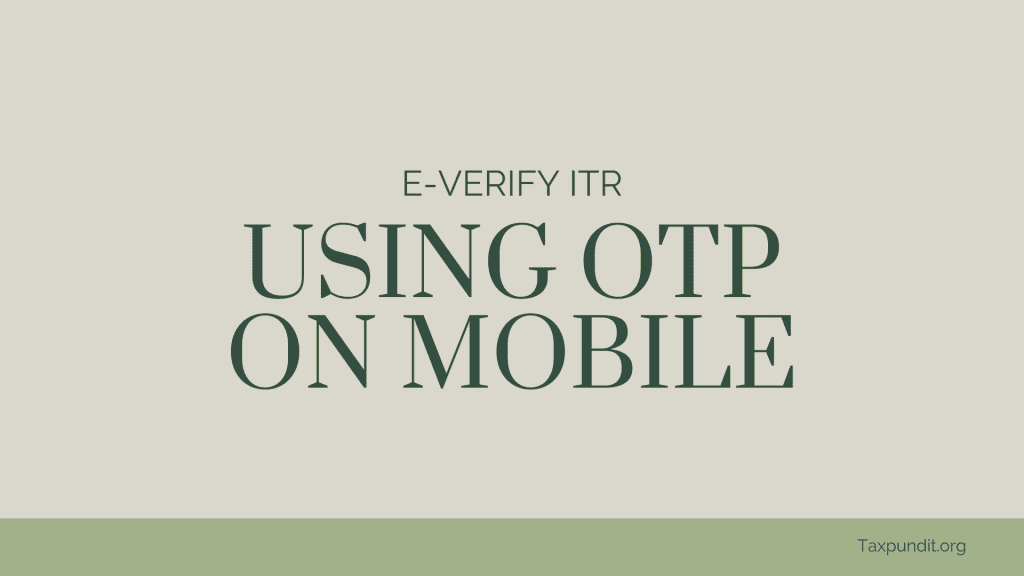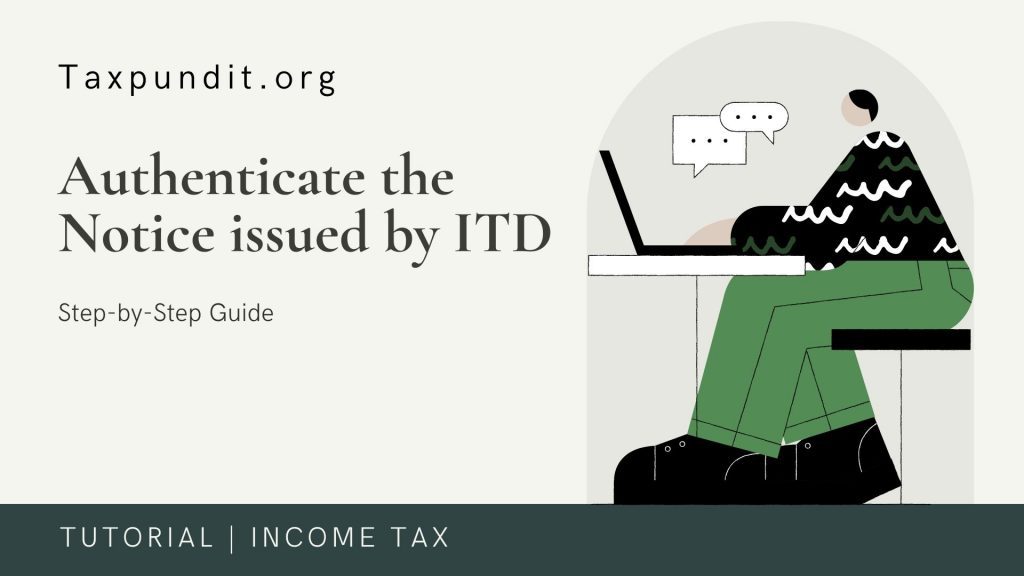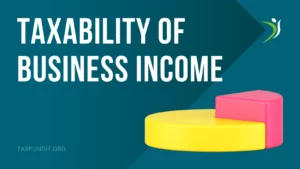Statement of Financial Transaction
Basic provisions
As per Section 285BA of the Income Tax Act, 1961, specified entities (Filers) are required to furnish a statement of financial transaction or reportable account (hereinafter referred to as ‘statement’) in respect of specified financial transactions or any reportable account registered/recorded/maintained by them during the financial year to the income-tax authority or
such other prescribed authority.
Persons required to file statement of financial transaction or reportable account
Following persons shall be required to furnish statement of financial transactions or reportable accounts registered or recorded or maintained by them during a financial year to the prescribed authority:
(a) an assessee;
(b) the prescribed person in the case of an office of Government;
(c) a local authority or other public body or association;
(d) the Registrar or Sub-Registrar appointed under section 6 of the Registration Act, 1908 (16 of 1908);
(e) the registering authority empowered to register motor vehicles under Chapter IV of the Motor Vehicles Act, 1988 (59 of 1988);
(f) the Post Master General as referred to in clause (j) of section 2 of the Indian Post Office Act, 1898 (6 of 1898);
(g) the Collector referred to in clause (g) of section 3 of the Right to Fair Compensation and Transparency in Land Acquisition, Rehabilitation and Resettlement Act, 2013 (30 of 2013);
(h) the recognised stock exchange referred to in clause (f) of section 2 of the Securities
Contracts (Regulation) Act, 1956 (42 of 1956);
(i) an officer of the Reserve Bank of India, constituted under section 3 of the Reserve Bank of India Act, 1934 (2 of 1934);
(j) a depository referred to in clause (e) of sub-section (1) of section 2 of the Depositories Act, 1996 (22 of 1996); or
(k) a prescribed reporting financial institutions
(l) a person, other than those referred to in clause (a) to (k), as may be prescribed.
Read Full Article on Advance Tax : A Practical Guide
Failure to Furnish SFT
If you fail to furnish your SFT within the due date, your concerned income-tax authority will send a notice urging you to furnish SFT within 30 days. The penalty for non-filing of SFT within this due date is ₹ 500 every day of default. Furthermore, if you fail to furnish your report even within the due date of the extended period, you will be charged a penalty of ₹ 1,000 every day of default.
Incorrect Information
As your SFT deals with primary sensitive financial information, including correct data to avoid future complications is mandatory. Therefore, if you find any error or inaccuracy in the provided information after furnishing your report, you need to report the inaccuracy to your concerned income-tax authority or specified authority. You will need to deliver the correct information within ten days.
Provision for Penalty
In certain circumstances, your reporting financial institution might charge a penalty of up to ₹ 50,000 if you provide inaccurate information in your SFT. These circumstances are as follows.
- If your failure to comply with the prescribed due diligence requirement is causing the inaccuracy
- In case you are aware of the inaccuracy at the time of furnishing the report but choose not to inform the income tax authority
- If you learn about the inaccuracy after furnishing the report but fail to inform the income tax authority within ten days
Watch our Video on 13 High Value Transactions Watched by ITD
About Taxpundit Team
Our team consists of highly qualified, experienced and knowledgeable industry professionals that are passionate and dedicated to our clients. We provide the best possible service to our clients in a timely and effective manner, whilst always adhering to the highest levels of quality.

